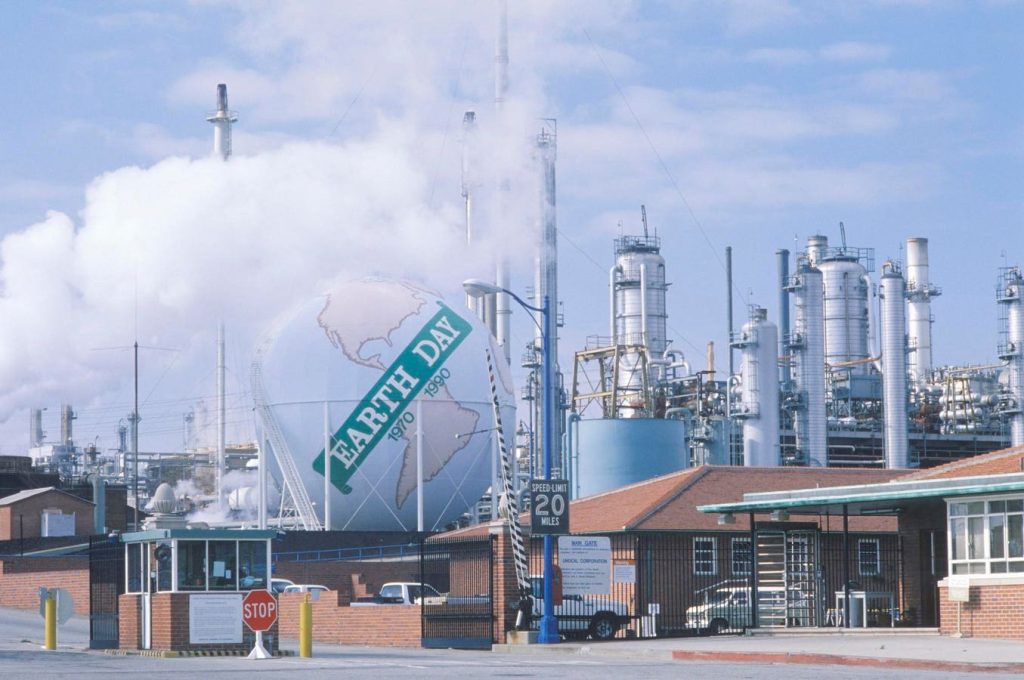California is considering a significant increase in its gas tax policy, which could raise the prices of diesel and gasoline by $0.47 and $0.37 per gallon, respectively. These taxes are part of the Low Carbon Fuel Standard (LCFS) aimed at addressing environmental impacts of fuel consumption. However, experts suggest that the proposed tax increase may not be enough to cover the environmental and health externalities associated with fossil fuel production. The rise in gas prices is needed to incentivize the adoption of cleaner transportation methods and fuels in order to make a meaningful impact on reducing greenhouse gas emissions.
According to the BP Statistical Review of World Energy for 2022, current global oil reserves are estimated to last until approximately 2075 if production continues at the current pace. There are about 1.5 trillion barrels of oil reserves left to be extracted, and each barrel of oil emits about 426.10 kg of carbon dioxide. The social cost of carbon is estimated to be around $185 per ton, which means the cost of CO2 emissions from a gallon of gasoline is approximately $4 — much higher than the proposed tax of $0.47 per gallon. This underscores the importance of adequately pricing gasoline to account for the true environmental costs associated with its consumption.
By undertaxing gasoline and not accounting for the externalities generated by the oil and gas industry, society continues to subsidize fossil fuel consumption at the expense of public health, the environment, and alternative fuel options. Air pollution from fossil fuel use has been linked to respiratory diseases, cardiovascular issues, premature death, and economic costs. A higher gas tax could help offset these externalities and encourage behavioral changes, such as transitioning to clean energy sources and public transportation. This could ultimately lead to a reduction in our carbon footprint and align the gas tax with the true cost of gasoline consumption.
Implementing a higher gas tax in California could lead the way towards a more sustainable and equitable future. By ensuring that the cost of every gallon of gasoline sold includes all the associated environmental and health costs, the state can help drive significant changes in consumer behavior and encourage the adoption of cleaner energy options. This could potentially prevent the scenario of running out of oil reserves by 2075 and help create a more environmentally conscious society. California has the opportunity to be a leader in creating a more sustainable future by taking bold steps to address the true costs of gasoline consumption.
In conclusion, raising the gas tax in California to account for the environmental and health externalities associated with fossil fuel consumption is crucial for incentivizing the adoption of cleaner transportation methods and fuels. By ensuring that the true costs of gasoline are reflected in its price, the state can help drive significant behavioral changes and reduce our carbon footprint. This could ultimately lead to a more sustainable and equitable future, while also helping to address the looming issue of depleting oil reserves. California has the opportunity to lead the way in creating a more environmentally conscious society by implementing a higher gas tax and encouraging the transition to cleaner energy sources.


